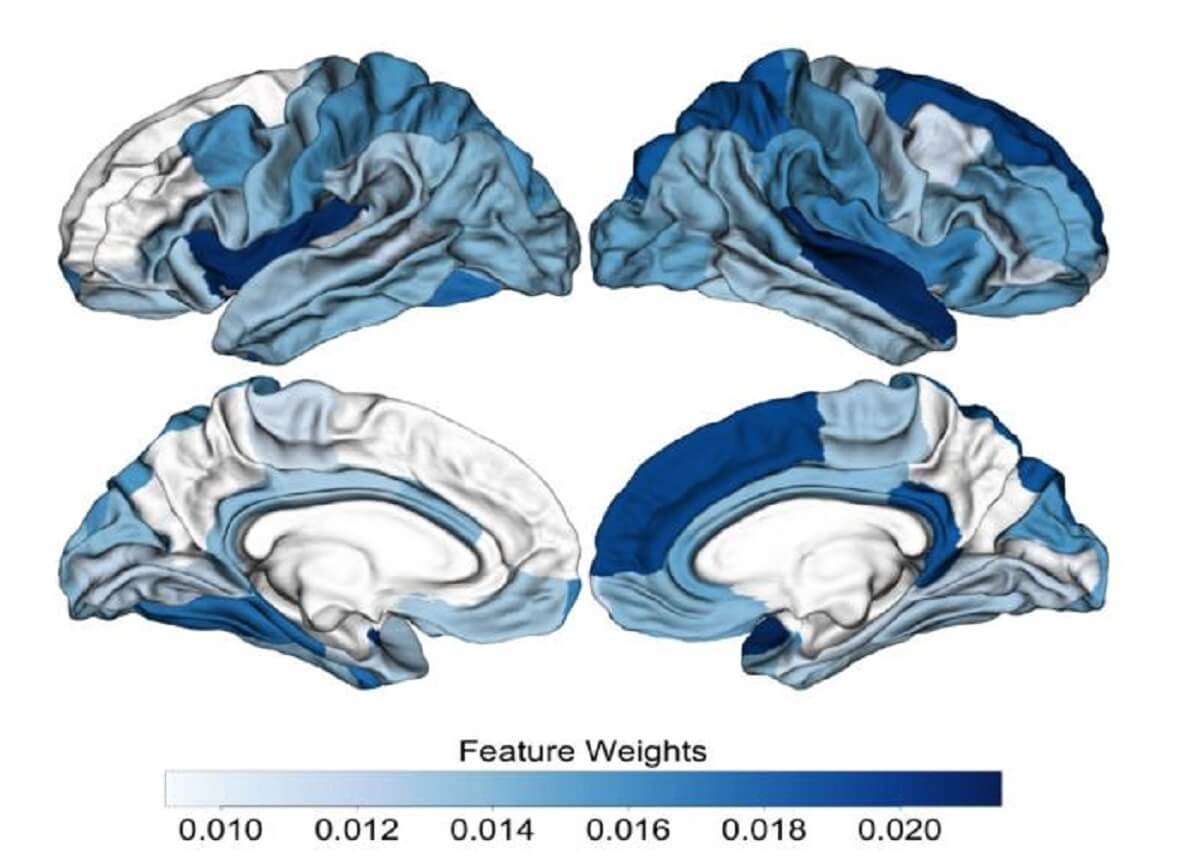TOKYO, Japan — Artificial intelligence may soon be able to predict if someone is going to suffer from psychosis before it ever happens. Researchers have developed a machine learning classifier that uses MRI scans to distinguish between healthy individuals and those at high risk for psychotic episodes.
This tool was created using scans from over 2,000 people across 21 international locations, with approximately half of these participants previously identified as clinically “high risk” for developing psychosis. The classifier has an 85-percent accuracy rate in distinguishing individuals not at risk from those who later experienced overt psychotic symptoms. When applied to new data, its accuracy stood at 73 percent.
This advancement could be instrumental in clinical settings, where early intervention in psychosis, typically marked by delusions, hallucinations, or disorganized thinking, is associated with better recovery outcomes. Psychosis can stem from various triggers, including illness, trauma, substance use, or genetic predisposition, but it remains treatable with most individuals recovering fully.
Identifying young people who need help is challenging, especially since the onset of psychosis commonly occurs in teenagers or young adults — a period marked by significant changes in the brain and body.

(Credit: 2024 Zhu et al./Molecular Psychiatry)
“At most, only 30 percent of clinical high-risk individuals later have overt psychotic symptoms, while the remaining 70 percent do not,” says Professor Shinsuke Koike from the University of Tokyo in a statement. “Therefore, clinicians need help to identify those who will go on to have psychotic symptoms using not only subclinical signs, such as changes in thinking, behavior and emotions but also some biological markers.”
This study, which is among the first to identify brain differences in individuals at a very high risk of psychosis who have yet to experience an episode, involves an international team from 21 institutions across 15 countries. The research aims to overcome MRI research challenges related to brain development variations and MRI machine calibrations. By correcting for these differences, the team created a fine-tuned classifier for predicting the onset of psychosis.
The study grouped 1,165 participants into three categories: those at clinically high risk who later developed psychosis, those who did not, and those with uncertain follow-up status, alongside 1,029 healthy controls for comparison. A machine-learning algorithm was trained to recognize patterns in brain anatomy among these groups, proving 85 percent accurate in training and 73 percent accurate in new data tests at predicting high risk for onset of psychosis.
“We still have to test whether the classifier will work well for new sets of data. Since some of the software we used is best for a fixed data set, we need to build a classifier that can robustly classify MRIs from new sites and machines, a challenge which a national brain science project in Japan, called Brain/MINDS Beyond, is now taking on,” Prof. Koike emphasizes. “If we can do this successfully, we can create more robust classifiers for new data sets, which can then be applied to real-life and routine clinical settings.”
The findings are published in the journal Molecular Psychiatry.
SWNS writer Stephen Beech contributed to this report.

How much of the stuff attributed to AI are real and how much just propaganda?